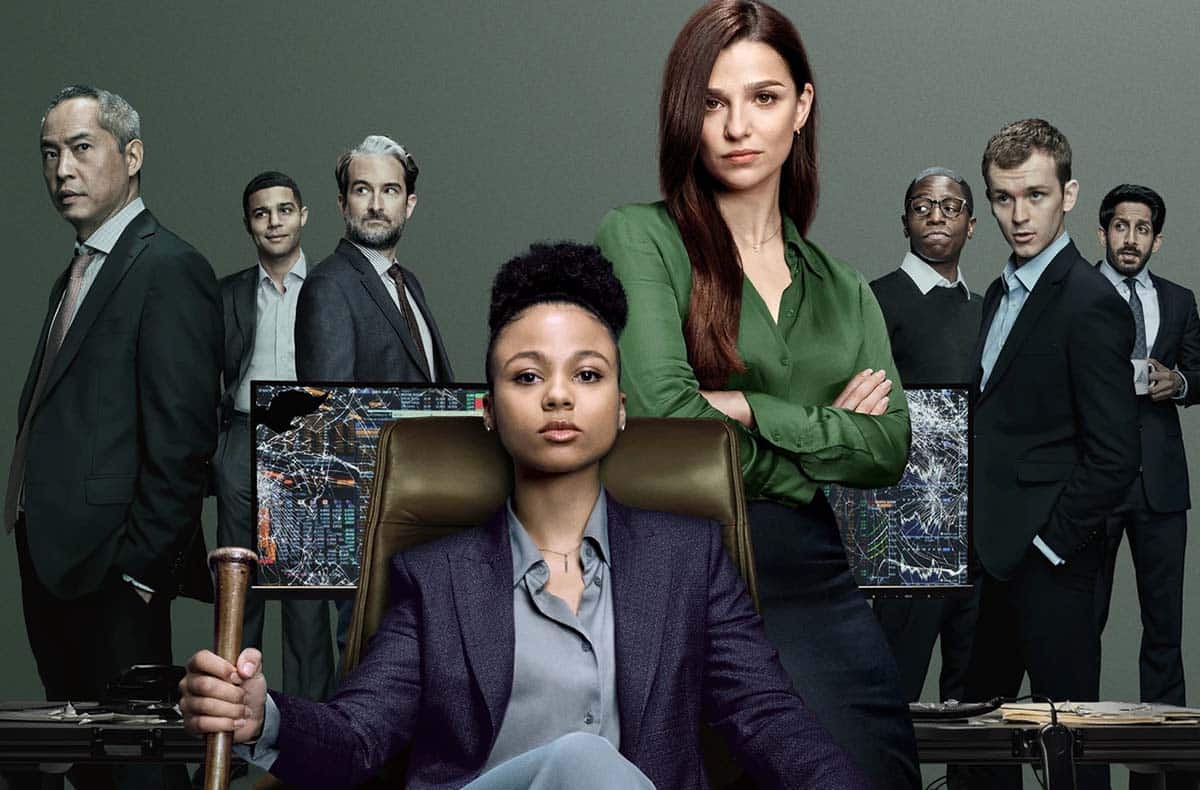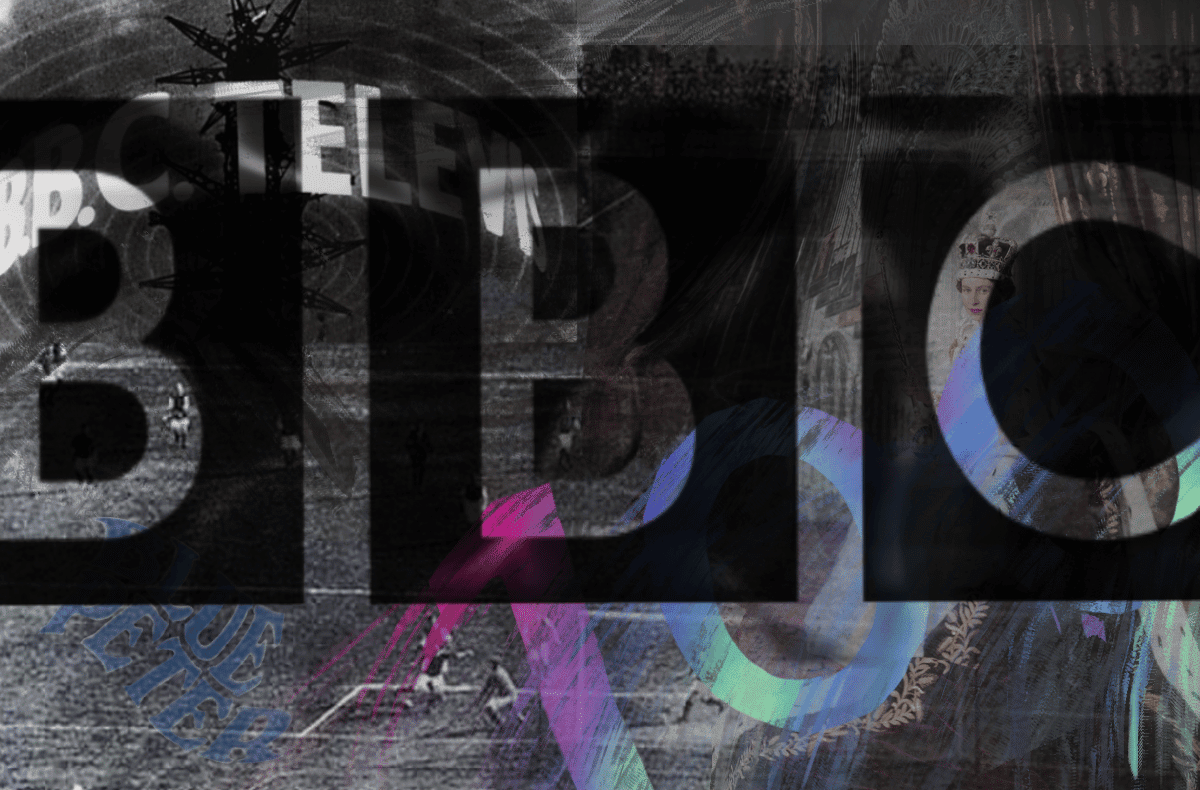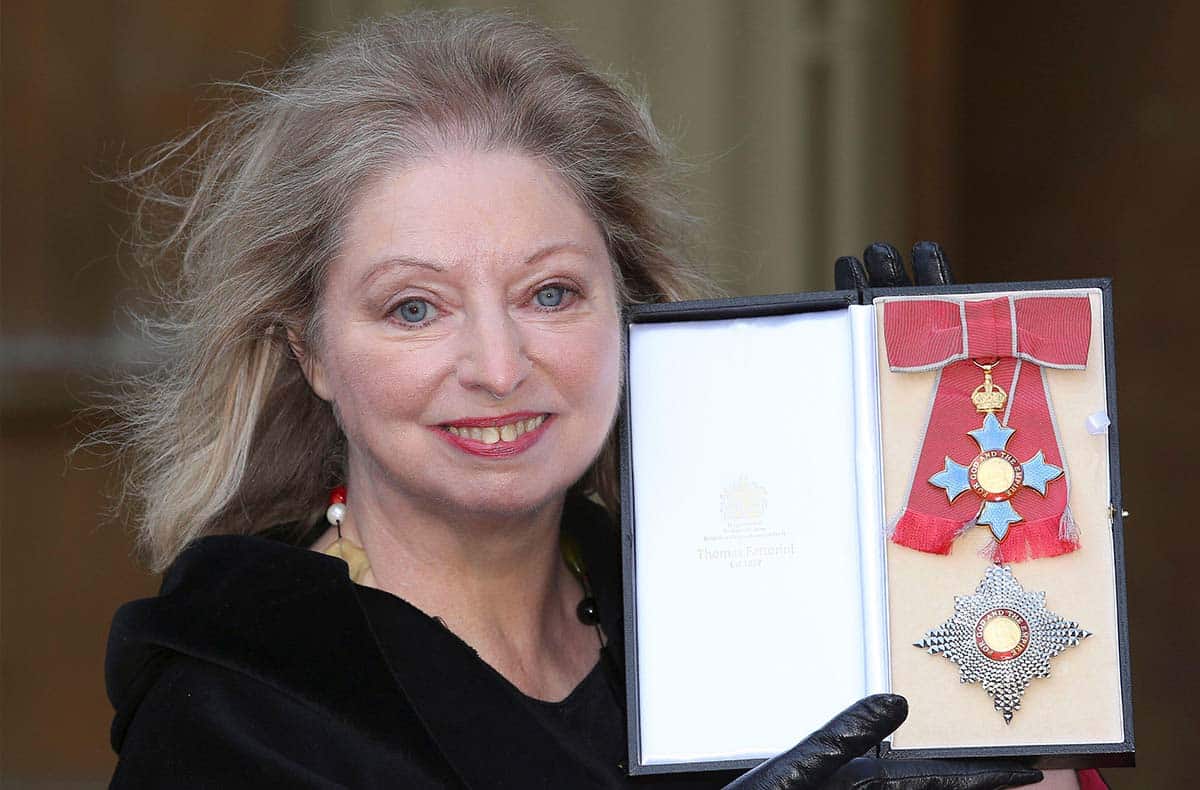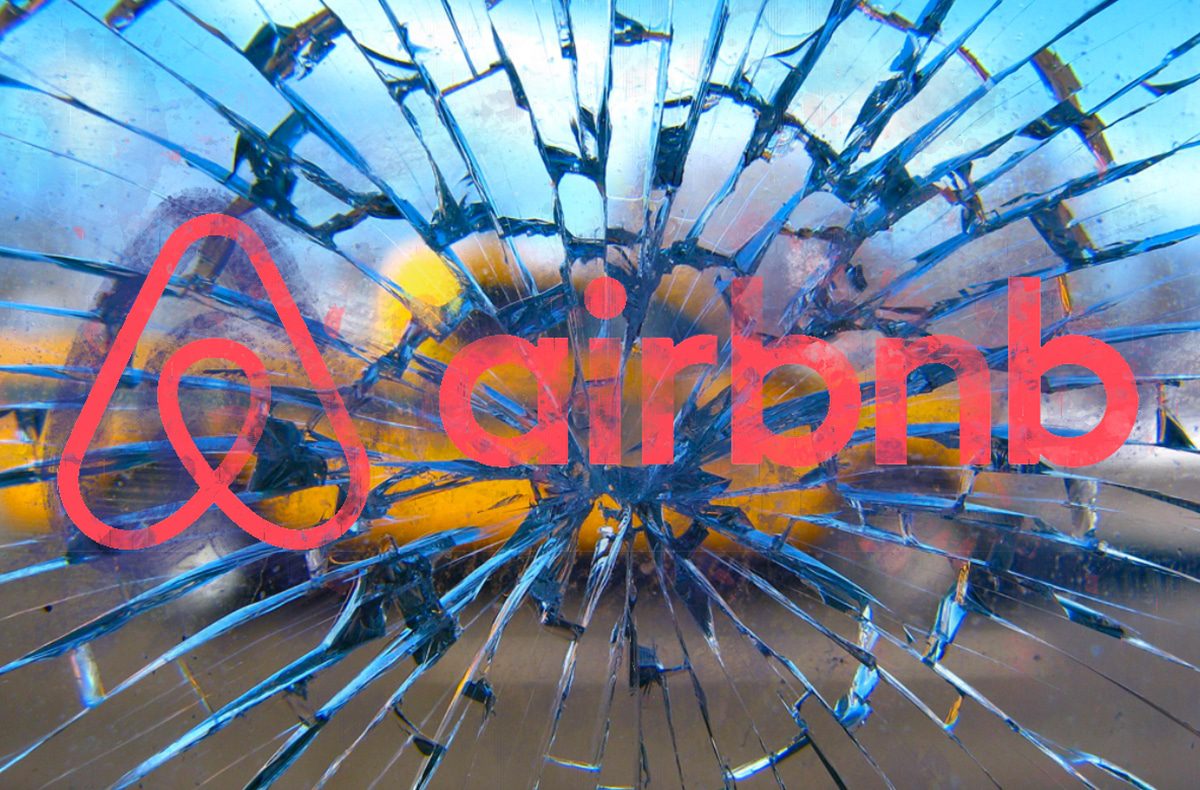
“There’s no money in poetry” the poet Robert Graves once remarked. Later, he added “but then there’s no poetry in money, either.” Had he been around to watch HBO’s Industry Season Two, he may have revised his opinion on the latter. Turns out, there is plenty of poetry in money, we just might not understand it. For the Pierpoint bankers, now back for a second season, there is undeniably a certain poetic grandeur—and tragedy—to their handling of other people’s money. I just can’t make it out. Having worked on the periphery of the financial world in my early twenties, this is even more galling, but listening to sell-side lady shark Harper Stern (Myha’la Harrold) execute a trade I struggle to understand if she is even speaking English even with the volume turned up so high it could be heard from outer space. Who cares? Not me. I’m here for the transactional way the characters interact with each other; the trades they execute emotionally, the losses they chart on the balance sheet of their personal lives.
Season Two opens a year into COVID, a time when most people were back at their desks, albeit with masks and latex gloves on. Not protagonist Harper, who we find holed up in a Shoreditch hotel room surrounded by Bloomberg screens, half-eaten cheeseburgers and dirty red wine glasses. This is a compelling picture of pandemic isolation, but like so many other serial isolators, Harper has other reasons to be hiding away from her colleagues, namely her explosive act of self-sabotage at the close of Season One, in which she threw her graduate (and notably female) colleagues under the bus. Sister is firmly doing it for herself here, and there are plenty of cinematic shots of Harrold alone in urban cityscape to underline this: swimming in the hotel pool, sitting forlornly in the various pubs and bars of EC1, traveling across an impersonal London at night in black cabs. You can’t help but get the feeling that Covid rather suited the American prodigy of Cross Product Sales. Cue Jesse Bloom (Transparent’s excellent Jay Duplass), known to financial markets as Mr COVID after making billions in insurance during the pandemic. Isolating in the same hotel, the two Americans (worthy of a Fitzgerald novel) meet. You don’t have to be Elon Musk to figure out the investment synergies.
Financial synergies there may be, but this doesn’t stop the characters behaving in ways that are completely antagonistic, not to say downright vile. The dark underbelly of human nature might not make for optimistic thinking, but it certainly makes for excellent television. Succession famously ploughed this furrow and Industry does a similar job, providing us with characters that we don’t have to like to want to watch. The show’s writers Konrad Kay and Mickey Down, former investment bankers themselves, do a particularly good job not of parodying Investment Banking and British class—the temptation is all there—but of doing something far more subtle: satirizing it. Because of this, scenes that could very well lend themselves to parody end up being infinitely more interesting. Take the scene at the corporate shoot where Mr Covid accidentally (or not) shoots his investment rival, hedge fund manager Felim: this could be a slapstick moment of comic relief but it’s something altogether darker, gesturing to the way in which we are all, in some ways, the moving targets of capitalism. Or the lengthy scenes between sales desk bad boy Robert (Harry Lawtey) and working-class ladette fund manager, Nicole. Yes, there’s comedy to the way their early exchanges lead to business-like sex, but there’s also a satirical edge to the way in which their working-class roots unite them against their public-school educated peers for financial gain.
Industry’s first season prompted lively debate on the demands Investment Banking places on its graduate trainees after an early storyline depicted one such graduate, Hari, dead inside the office after spending one too many nights working up an investment deck for a client. Season Two asks the same questions but in a different way. What exactly is an office? What does collaboration look like? And why come into it all, if you can do your job just as well from a hotel room in central London? Pierpoint’s fabulously dysfunctional employees of the current season show us – with all the benefit of pandemic hindsight—just how necessary the office is not simply for economic productivity but more crucially, for survival. The characters seem far more imprisoned in their Notting Hill mansions than they do on the trading floor. What does a balance sheet of the heart look like, I wonder, as I watch Harper’s boss Eric (Ken Leung) scrabble around for cigarettes on a torturous work leave of absence. We need Robert Graves to answer that.



